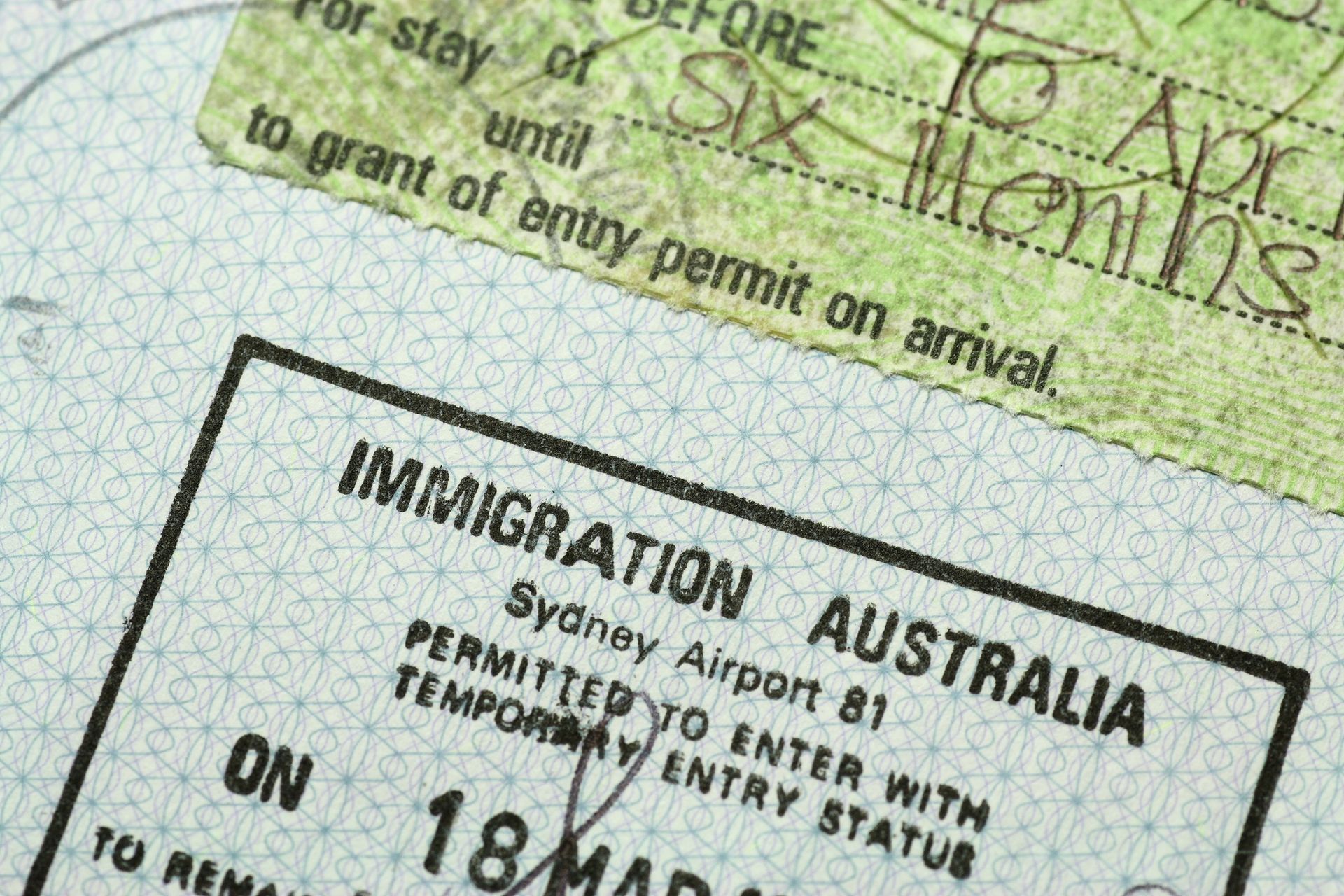The importance of a Power of Attorney
Kells Lawyers • April 18, 2016
A power of attorney plays a vital role in ensuring that you are looked after should you become incapacitated from injury or illness. But what exactly does a power of attorney do and how do you appoint one?
The role of a Power of Attorney
An attorney is someone that you appoint to step into your legal and financial shoes, allowing them to conduct transactions on your behalf when you are unable to do so.
This means that a power of attorney can do a number of things including:
- access bank accounts;
- deal with your investments (property, shares etc) and their ongoing maintenance;
- sign a contract on your behalf;
- act on the sale of a house to allow you to move into a care facility;
- pay your bills using your funds; and
- update your superannuation death benefit nomination with your super fund.
Why do you need one?
If you lose capacity, you will need someone to manage your affairs for you to ensure your continued wellbeing. A common misconception is that your spouse or other family members can do this for you.
Unfortunately this is not the case. A valid Power of Attorney is required.
Without a Power of Attorney in place, your family would need to apply to court to be appointed (incurring significant expense) and your assets may need to be managed by a New South Wales State Government office such as the NSW Trustee Guardian.
Appointing a Power of Attorney
The role of an attorney is important position and requires careful consideration. Here are some of the things you should consider when making someone your attorney:
- relationship – you should ensure that the person you appoint is someone that you trust and are confident will follow your wishes.
- number – you should have at least 2 attorneys so that if your first attorney is unable to act, you are still protected.
- age – attorneys must be at least 18 years old and ideally should not be significantly older than you.
- location – your attorney will be undertaking various tasks and decisions on your behalf, so it is important that your attorney is nearby so that they can act efficiently
Duties and responsibilities
Whilst your attorney is given broad powers, there are some important limitations. Your attorney must:
- act in your best interests;
- keep accurate records of how they manage and spend your assets;
- act honestly; and
- not gain any benefit from being your attorney unless expressly authorised by you.
- What if an attorney acts out of line?
Attorneys that do not comply with the various requirements of their appointment can be subject to severe penalties of up to $91,000 or 5 years imprisonment
Be prepared!
Remember – the unforeseen can happen! It is too late once you lose capacity. Every adult should have a valid Enduring Power of Attorney.
To organise yourself a Power of Attorney, contact our experienced team of lawyers on +61 2 4221 9331.

Kells has been delivering outstanding services and legal expertise to commercial and personal clients in Sydney and the Illawarra region for more than five decades. Our lawyers are savvy and understand your needs.
Subscribe
Want to get the latest articles and news delivered to your inbox?




